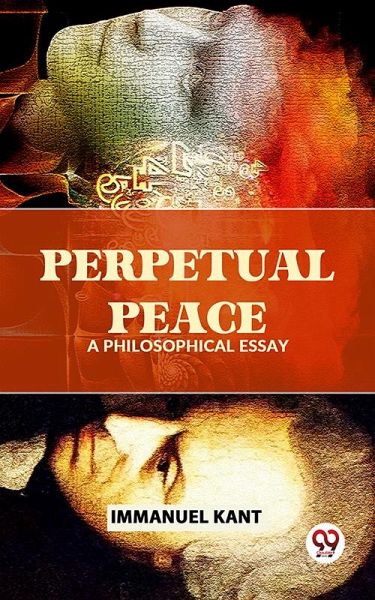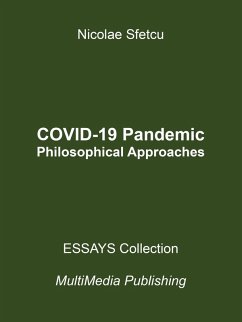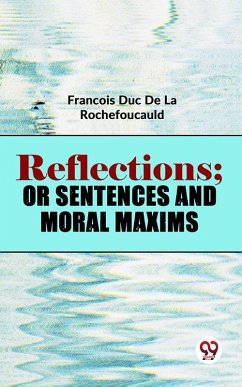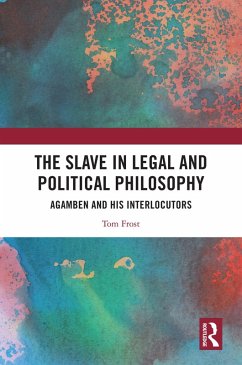
Perpetual Peace A Philosophical Essay (eBook, ePUB)

PAYBACK Punkte
0 °P sammeln!
One of the most important thinkers of the Enlightenment period, Immanuel Kant, is known for his famous essay "Perpetual Peace: A Philosophical Essay." The article, which was published in 1795, provides Kant's vision for establishing a fair and cooperative international order as a means of bringing about enduring peace among states. In "Perpetual Peace," Kant makes the case that peace is the outcome of conscious efforts to address the underlying causes of conflict rather than just the absence of war. He offers a list of guidelines and requirements that, if fulfilled, may result in an unbroken p...
One of the most important thinkers of the Enlightenment period, Immanuel Kant, is known for his famous essay "Perpetual Peace: A Philosophical Essay." The article, which was published in 1795, provides Kant's vision for establishing a fair and cooperative international order as a means of bringing about enduring peace among states. In "Perpetual Peace," Kant makes the case that peace is the outcome of conscious efforts to address the underlying causes of conflict rather than just the absence of war. He offers a list of guidelines and requirements that, if fulfilled, may result in an unbroken period of peace. The notion of a "league of nations" or "federation of states" is crucial to Kant's argument. He proposes that sovereign countries unite into a single entity centered on equality, respect, and devotion to a set of universal values. Nations may provide the groundwork for enduring peace by adhering to ideals like the renunciation of war, respect for international agreements, and the advancement of democratic administration. On the essence of peace, justice, and international relations, "Perpetual Peace" presents a philosophical analysis. Political debates about maintaining international peace and governing the world are still influenced by Kant's thoughts. The essay's focus on universal values, the rule of law, and international collaboration is still pertinent in today's debates about global peace and security.
Dieser Download kann aus rechtlichen Gründen nur mit Rechnungsadresse in A, D ausgeliefert werden.













